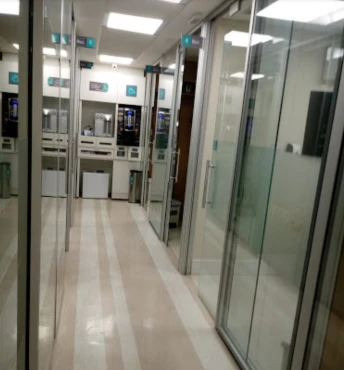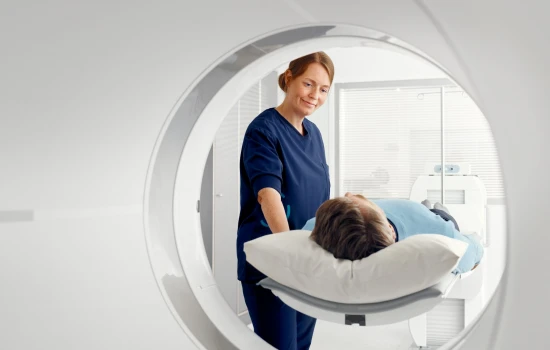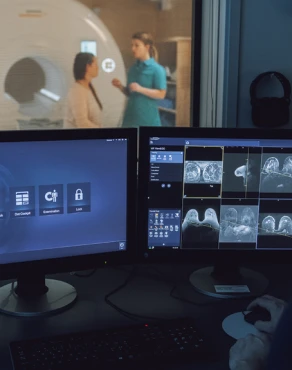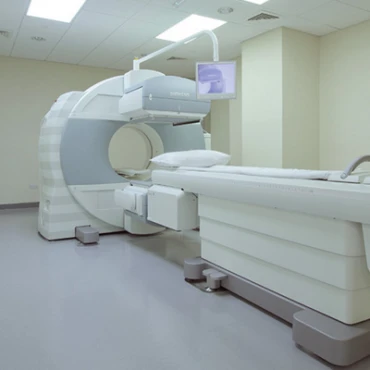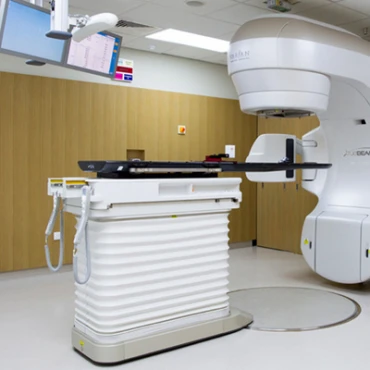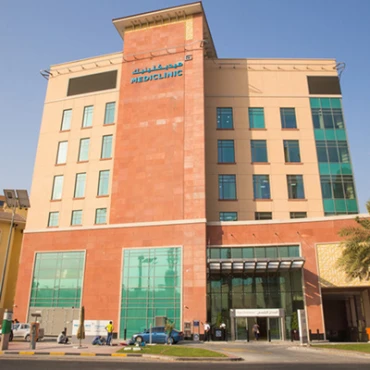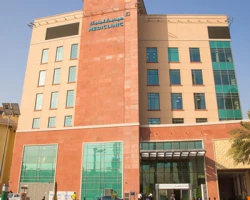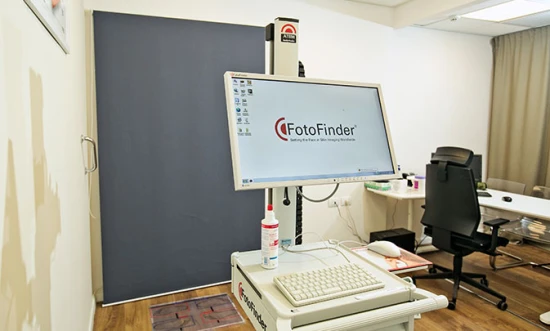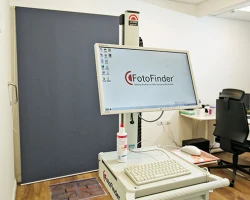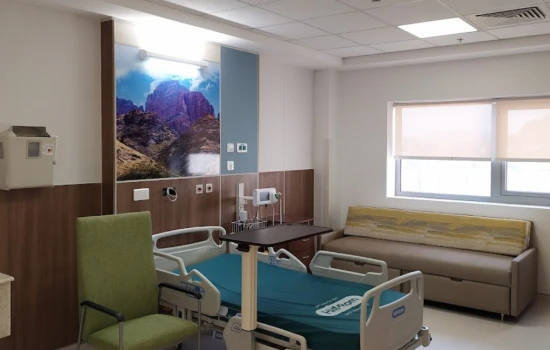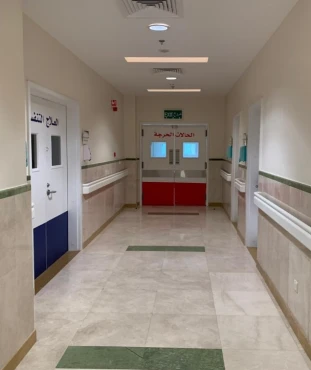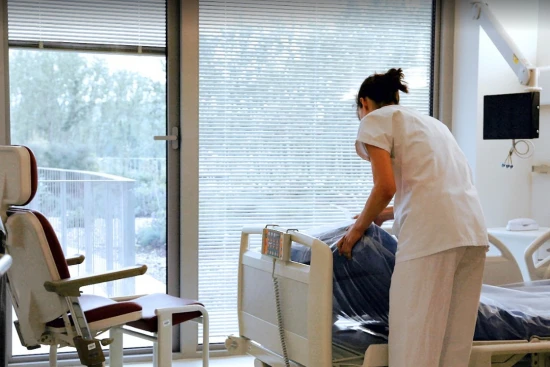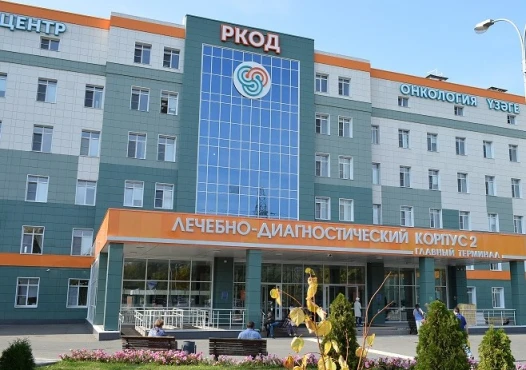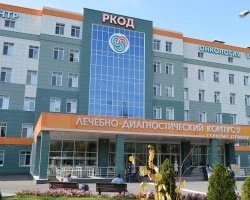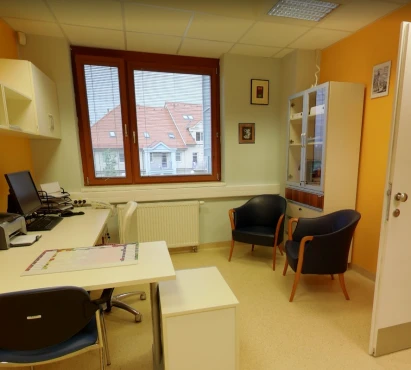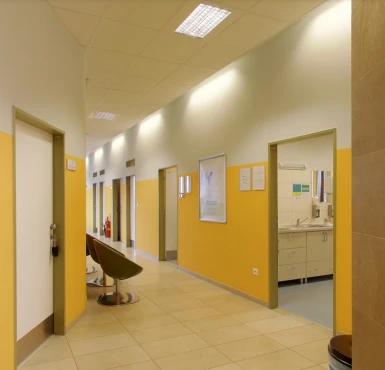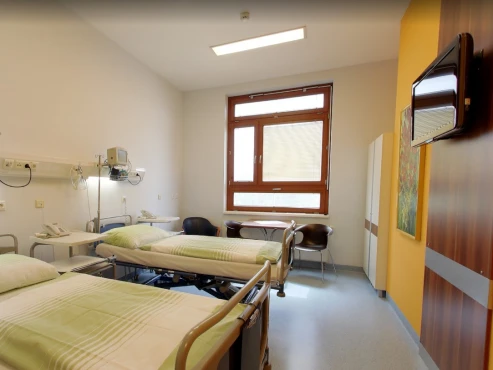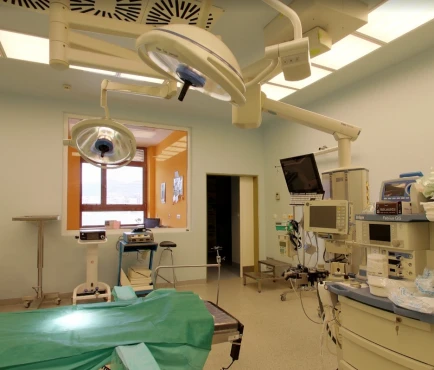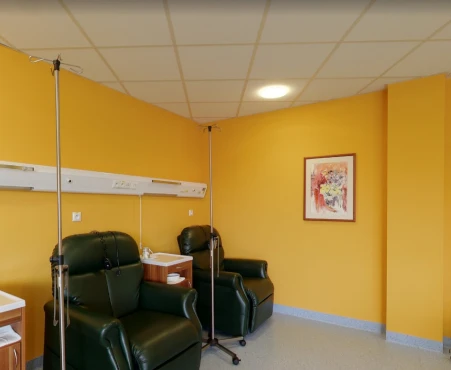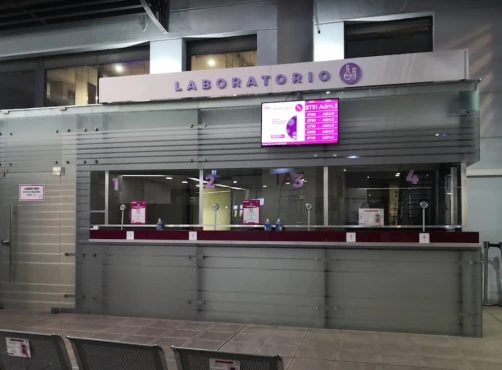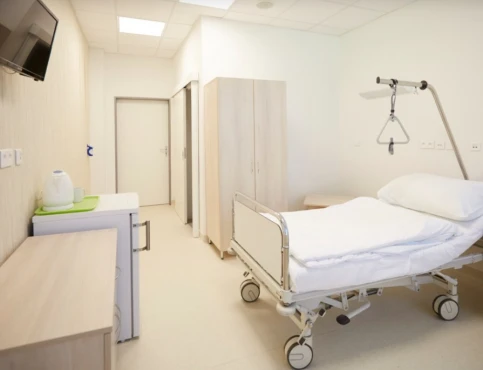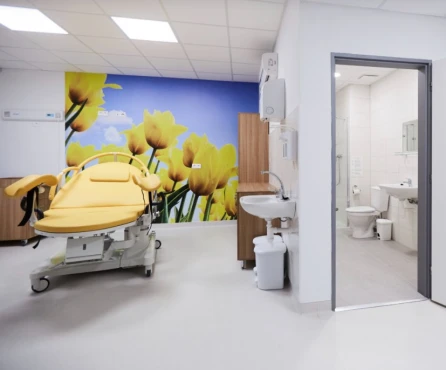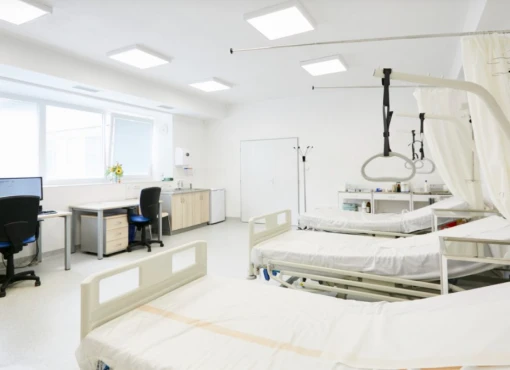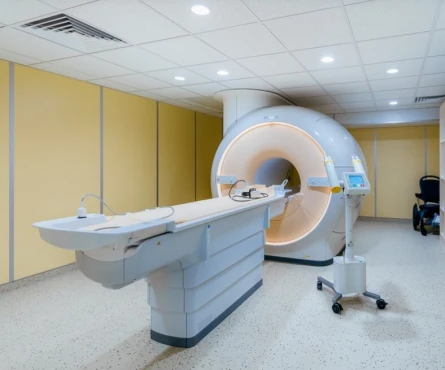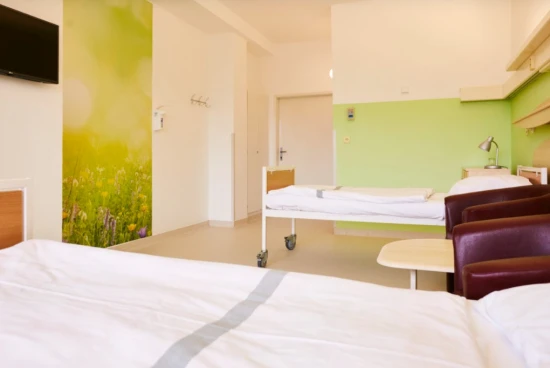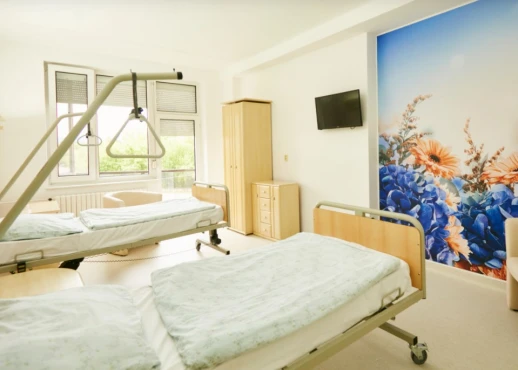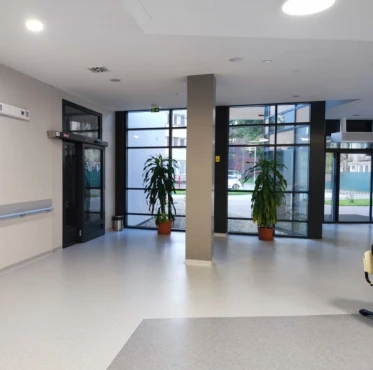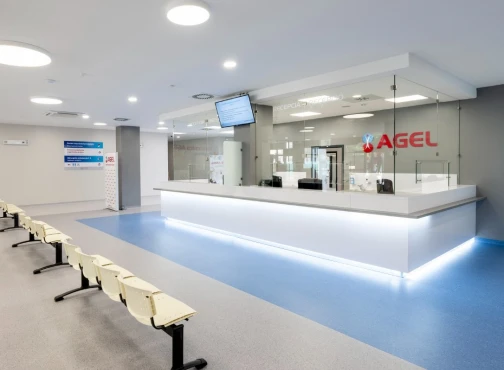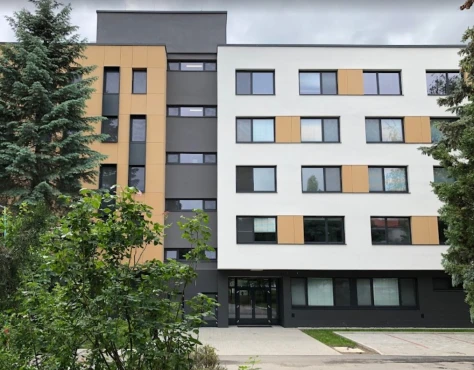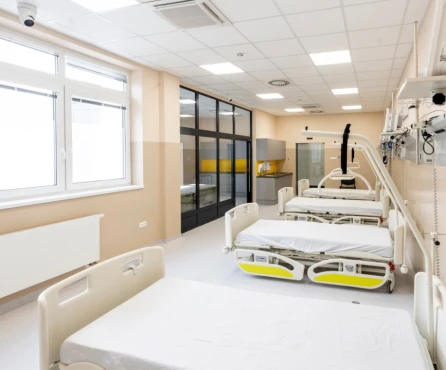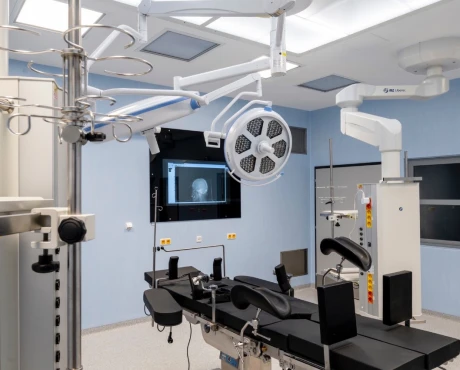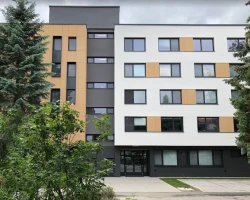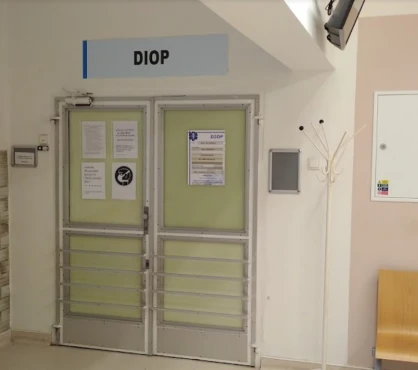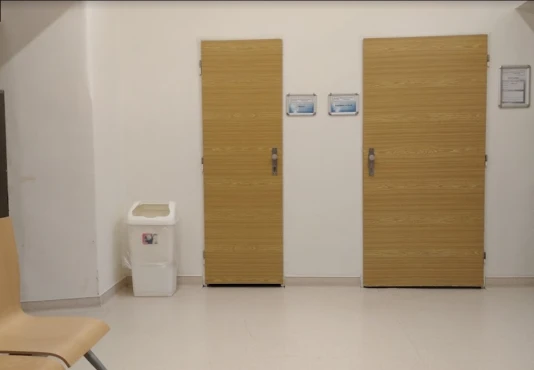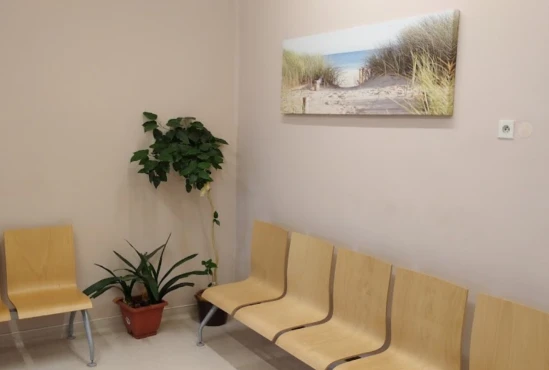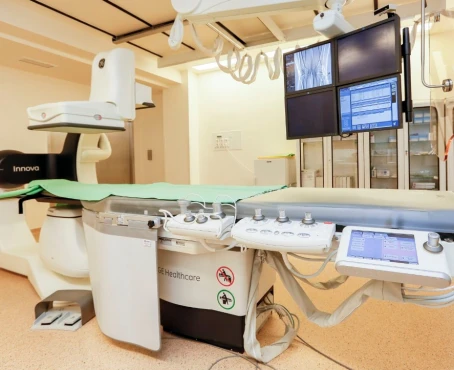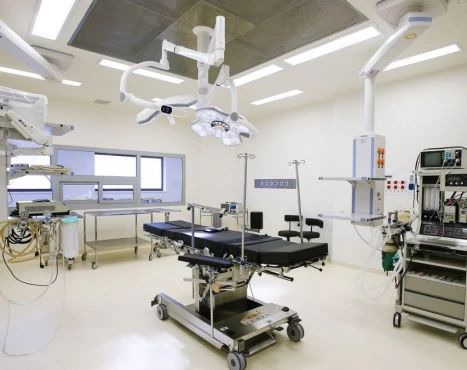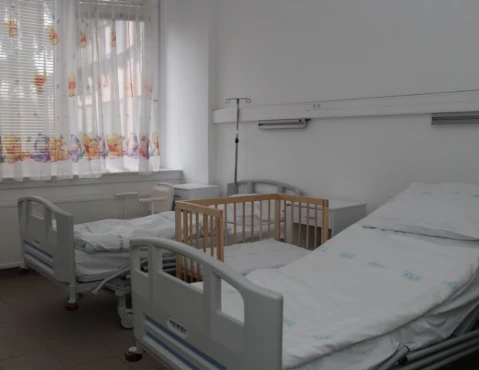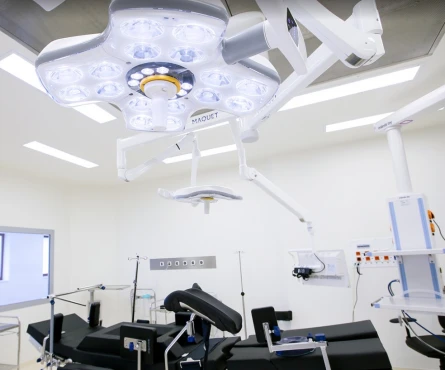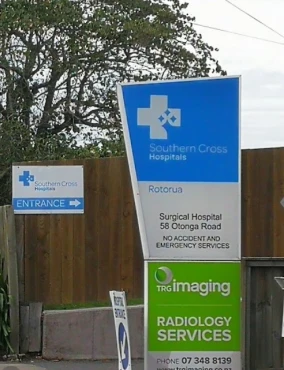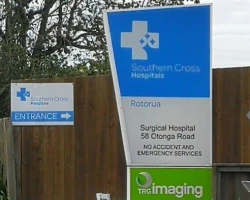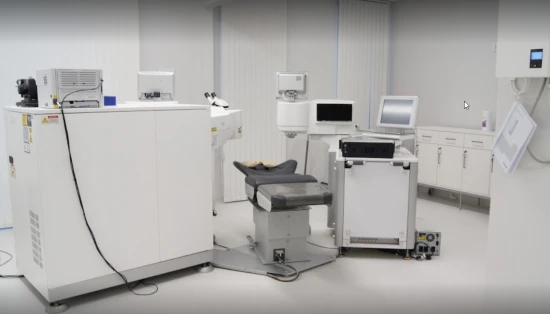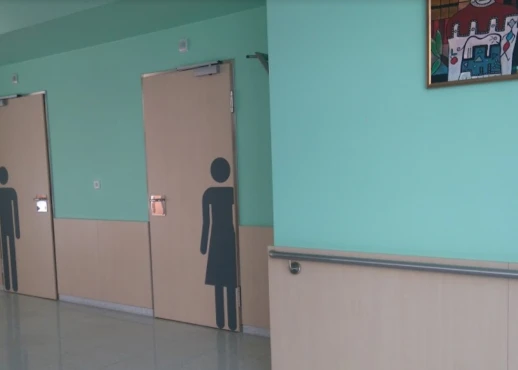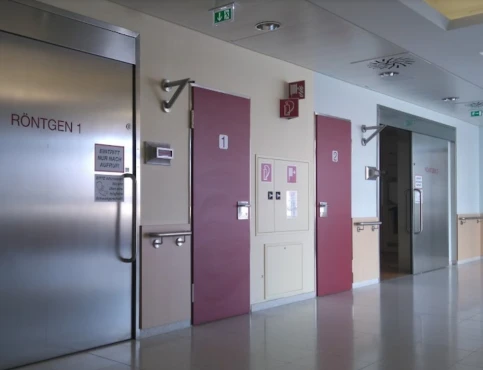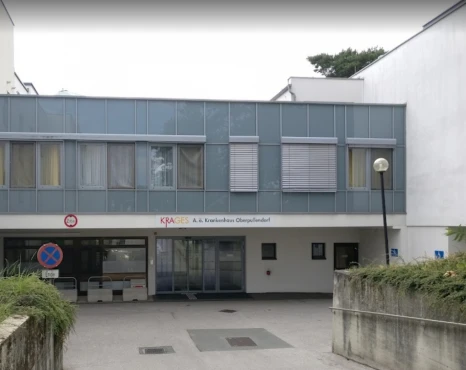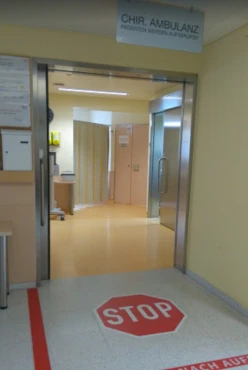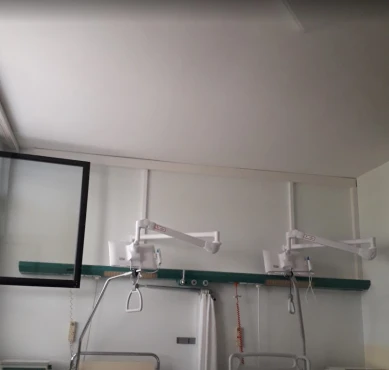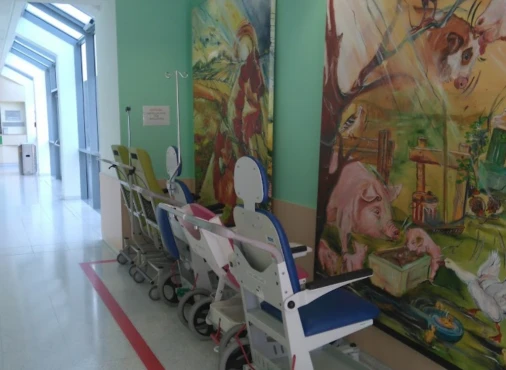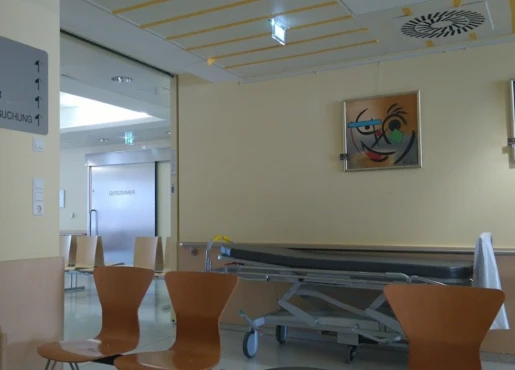Disease Types & Epidemiology
How common is the disease?
Alzheimer's disease is a chronic and debilitating condition that primarily impacts older adults. It is the leading cause of dementia, accounting for a significant majority of all cases worldwide. As of 2024, approximately 6.7 million Americans aged 65 and above are living with this devastating disease. The prevalence of Alzheimer's increases substantially with age, doubling roughly every five years after individuals reach the age of 65. Women are disproportionately affected, comprising nearly two-thirds of the population living with Alzheimer's. As the population continues to age, the prevalence of this disease is expected to rise dramatically, potentially tripling in the United States alone by the year 2050 [Alzheimer's Association, 2024].
Alzheimer's disease progresses through three distinct stages: mild, moderate, and severe. In the early, mild stage, individuals may experience occasional memory lapses and challenges with complex tasks. As the disease progresses to the moderate stage, symptoms worsen, with patients experiencing more significant memory problems, confusion, and changes in behavior. In the final, severe stage, individuals lose the ability to communicate effectively, require extensive care and support, and ultimately succumb to the devastating effects of this condition.
Causes & Risk Factors
What is the primary issue of Alzheimer's disease?
The key feature of Alzheimer's disease is the buildup of amyloid-beta plaques and tau tangles in the brain, leading to neuron death and cognitive decline. The precise cause of Alzheimer's remains uncertain, but it is believed to involve multiple factors, including genetics, environment, and lifestyle. The most significant genetic risk factor is the APOE-e4 allele, which can increase the likelihood of developing Alzheimer's by up to 12 times. Age is the most critical non-modifiable risk factor, while modifiable factors include cardiovascular health, diet, physical activity, and cognitive engagement. The risk of developing the disease rises dramatically after age 65, with about a third of people aged 85 or older having Alzheimer's. Studies also indicate that having a first-degree relative with Alzheimer's increases one's own risk.
Research has shown that Black Americans are approximately twice as likely as White Americans to have Alzheimer's or another form of dementia, and Hispanic Americans are one-and-a-half times as likely. The exact reasons for these differences are not fully understood. Still, researchers believe they are linked to disparities in life experiences, socioeconomic indicators, and, ultimately, health conditions stemming from the historic and ongoing marginalization of Black and Hispanic populations in the United States.
Additionally, women are more prone to developing Alzheimer's than men. This difference may be partially explained by the fact that women tend to live longer. However, researchers are also exploring how genetic factors may impact Alzheimer's risk differently in men and women [NHS, 2024].
Clinical Manifestation & Symptoms
What signs should one anticipate while suspecting Alzheimer's disease?
In the early stages of Alzheimer's, individuals may experience subtle memory lapses, such as forgetting recent events or familiar names. They may also have difficulty planning, solving problems, and keeping track of time or their possessions. As the disease progresses, patients may struggle with language, become disoriented, and exhibit changes in personality, including increased aggression or apathy. Behavioral alterations like wandering, irritability, and mood swings become more prevalent in the moderate stage. By the late stages, individuals lose the ability to respond to their environment, engage in conversation, or control their movements, ultimately requiring round-the-clock care and assistance.
Treatment Approaches
What are the general options for managing Alzheimer's disease?
Alzheimer's disease management involves several therapeutic approaches aimed at addressing the cognitive decline, behavioral symptoms, and underlying pathology of the disease. The main strategies include:
- Cholinesterase Inhibitors - drugs like Donepezil, Rivastigmine, and Galantamine - work by preventing the breakdown of acetylcholine, a neurotransmitter essential for memory and learning. By increasing acetylcholine levels, these medications can help improve or stabilize cognitive symptoms, particularly in the mild to moderate stages of Alzheimer's disease. However, they may cause side effects such as nausea, vomiting, diarrhea, and muscle cramps.
- NMDA receptor antagonists, like Memantine, regulate glutamate, another neurotransmitter involved in learning and memory. Excess glutamate can lead to neuronal damage, and Memantine helps reduce this risk. Memantine is often used in the moderate to severe stages of Alzheimer's, either alone or in combination with a cholinesterase inhibitor. Potential side effects include dizziness, headache, and confusion.
- Disease-modifying therapies are emerging treatments, such as the monoclonal antibodies aducanumab and lecanemab, which target the accumulation of amyloid-beta plaques in the brain. These therapies aim to slow the progression of Alzheimer's disease, particularly in the early stages. While promising, these treatments can also cause side effects like amyloid-related imaging abnormalities, headaches, and confusion.
- Antidepressants: drugs from the selective serotonin reuptake inhibitors (SSRI) class, such as Sertraline and Citalopram, are used to manage the common non-cognitive symptoms of Alzheimer's, including depression, anxiety, and agitation. These medications can be particularly helpful in addressing the mood disorders associated with the disease, although they may lead to side effects like weight gain, insomnia, and sexual dysfunction.
- Antipsychotics, such as Risperidone and Olanzapine, are used to manage severe agitation, aggression, and psychosis in Alzheimer's patients. However, their use is carefully monitored due to the increased risk of stroke, sedation, and mortality in older adults.
Drugs that change disease progression (disease-modifying therapies or amyloid-targeting approach)
Treatments in this category aim to slow the progression of Alzheimer's disease. They help slow the decline in memory, thinking abilities, and overall function for people with Alzheimer's.
Anti-amyloid treatments work by reducing the buildup of beta-amyloid, a protein that accumulates into plaques in the brain. Each treatment targets beta-amyloid at different stages of plaque formation.
These treatments can meaningfully alter the course of the disease for people in the early stages, allowing them more time to participate in daily activities and maintain independence. Clinical trial participants who received anti-amyloid treatments experienced reduced cognitive decline, as measured through cognitive and functional assessments.
Aducanumab is an anti-amyloid antibody administered through intravenous infusion every four weeks. The FDA has granted accelerated approval for Aducanumab to treat early Alzheimer's disease, including people with mild cognitive impairment or mild dementia due to Alzheimer's with confirmed elevated beta-amyloid levels in the brain. Aducanumab was the first therapy shown to reduce mental and functional decline in people with early Alzheimer's by removing beta-amyloid.
However, Aducanumab's manufacturer, Biogen, has announced plans to discontinue the drug. People receiving Aducanumab through a clinical trial will have access until May 1, 2024, and those receiving it by prescription will have access until November 1, 2024.
Two other drugs in this class are Donanemab and Lecanemab, both of which have received traditional FDA approval for the treatment of early Alzheimer's disease in individuals with mild cognitive impairment or mild dementia and confirmed elevated brain beta-amyloid levels. The safety and effectiveness of these treatments at earlier or later disease stages have not been established.
Drugs That Treat Symptoms
- Cognitive symptoms (memory and thinking)
These medications are prescribed to manage cognitive symptoms associated with Alzheimer's disease. While they cannot reverse the underlying brain damage caused by the disease, they may temporarily alleviate or stabilize issues with memory, thinking, and other cognitive functions. This is achieved by targeting specific chemical messengers that facilitate communication between brain cells.
In this group, cholinesterase inhibitors and glutamate regulators are currently approved for treating cognitive symptoms.
Cholinesterase inhibitors are prescribed to manage cognitive symptoms like problems with memory, thinking, language, judgment, and other thought processes. These medications work by preventing the breakdown of acetylcholine, a key chemical messenger vital for memory and learning. By preserving acetylcholine levels, these drugs help facilitate communication between nerve cells.
The most commonly prescribed cholinesterase inhibitors for Alzheimer's disease are Donepezil, Galantamine, and Rivastigmine. Donepezil is approved for treating Alzheimer's disease at all stages of the condition. Galantamine, on the other hand, is approved for use in the mild to moderate stages of Alzheimer's. Rivastigmine is not only indicated for the mild to moderate stages of Alzheimer's but it is also approved for treating the mild to moderate dementia that can occur in Parkinson's disease.
These medications prevent the breakdown of acetylcholine, a vital chemical messenger in the brain essential for memory and learning. By maintaining higher levels of acetylcholine, these drugs can help improve or stabilize the cognitive symptoms experienced by individuals living with Alzheimer's disease, particularly in the earlier stages of the condition.
Glutamate regulators, such as Memantine, help improve memory, attention, reasoning, language skills, and the ability to perform everyday tasks for people with moderate to severe Alzheimer's disease. These drugs regulate the activity of glutamate, a key chemical in the brain that is important for processing information.
Cholinesterase inhibitor + glutamate regulator = Donepezil and Memantine is approved for moderate-to-severe Alzheimer's disease.
- Non-cognitive symptoms (behavioral and psychological symptoms)
Alzheimer's can affect more than just a person's memory and cognitive abilities. Individuals living with dementia may also experience a range of behavioral and psychological symptoms that can significantly impact their quality of life, including sleep disturbances, agitation, hallucinations, and delusions. While some medications may provide temporary relief for these non-cognitive symptoms, it is generally recommended first to try non-drug approaches to manage these behaviors before considering pharmacological interventions.
The FDA has approved one medication - Suvorexant - to address insomnia symptoms in people with dementia, as well as one drug to treat agitation associated with the condition. Suvorexant (Belsomra®) is an orexin receptor antagonist prescribed to treat insomnia. This drug inhibits the activity of orexin, a type of neurotransmitter involved in the sleep-wake cycle for people living with mild to moderate Alzheimer's disease.
Atypical antipsychotic medications are a group of drugs that influence the serotonin and dopamine pathways in the brain. These drugs are primarily used to treat conditions like schizophrenia and bipolar disorder and are sometimes used off-label as add-on therapies for major depressive disorder. However, the FDA has issued a safety warning regarding the use of atypical antipsychotics, which have been associated with an increased risk of death in older patients with dementia-related psychosis.
Despite this, atypical antipsychotic medications are often used in an off-label capacity to manage dementia-related behaviors. There is currently only one atypical antipsychotic, Brexpiprazole, that has received FDA approval for the treatment of agitation associated with Alzheimer's-related dementia. Given the safety concerns, it is crucial first to explore non-drug strategies to address non-cognitive symptoms, such as agitation, before considering the use of these medications.
Alzheimer's disease prevention
While factors like age, family history, and genetics cannot be changed, research shows that addressing certain modifiable risk factors and adopting healthy habits can help reduce the risk of cognitive decline and potentially even prevent dementia.
Serious head injuries have been strongly linked to an increased risk of Alzheimer's disease. Therefore, it is crucial to protect against head trauma by wearing seatbelts in vehicles, using helmets during sports activities, and ensuring a safe home environment to prevent falls.
Additionally, studies indicate that confident lifestyle choices can help maintain brain health and lower the risk of cognitive decline. These include following a healthy diet, staying socially engaged, and physically and mentally exercising. Avoiding tobacco use and excessive alcohol consumption are also beneficial for brain health.
Furthermore, there is a strong connection between the brain's and heart's health. Conditions that damage the heart and blood vessels, such as heart disease, diabetes, stroke, high blood pressure, and high cholesterol, appear to increase the risk of developing dementia.
Prognosis & Follow-Up
How does cutting-edge science improve the lifespan and quality of life for those with the disease?
The course of Alzheimer's disease varies widely among individuals, but the average lifespan after diagnosis is typically 4 to 8 years, although some may live up to 20 years with appropriate care. Early identification and treatment can help slow the disease's progression, enabling patients to remain independent for extended periods [Porsteinsson et al., 2021]. Emerging disease-modifying therapies, such as aducanumab and lecanemab, offer hope for altering the trajectory of the disease, particularly when initiated early.
Ongoing follow-up is crucial to monitor the disease's progression, manage symptoms, and adjust treatment plans accordingly. Regular visits to healthcare providers, along with periodic cognitive assessments and imaging studies, help track the impact of the disease and guide the care approach. Participation in clinical trials is encouraged for eligible individuals as research continues to explore new therapies and enhance our understanding of Alzheimer's disease.


